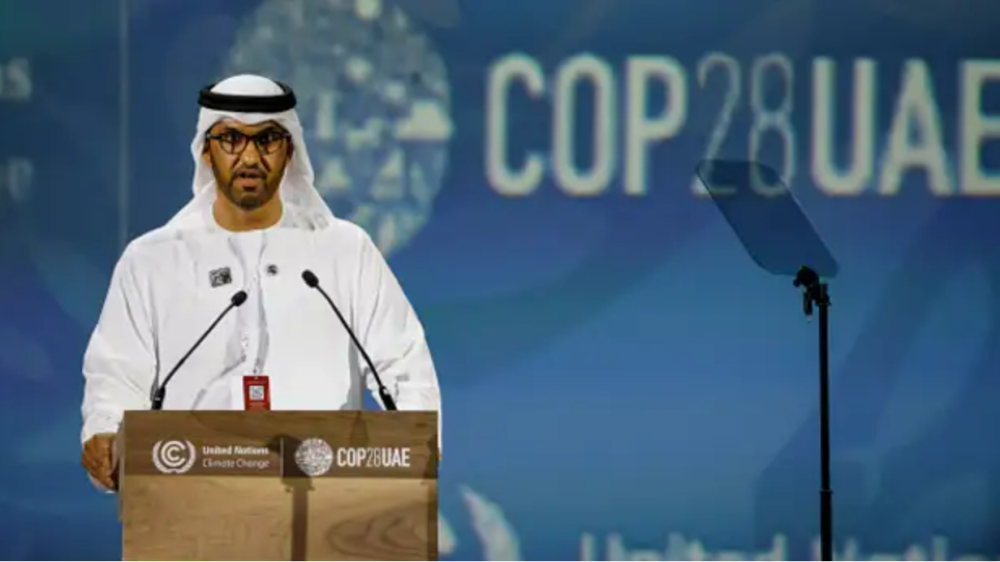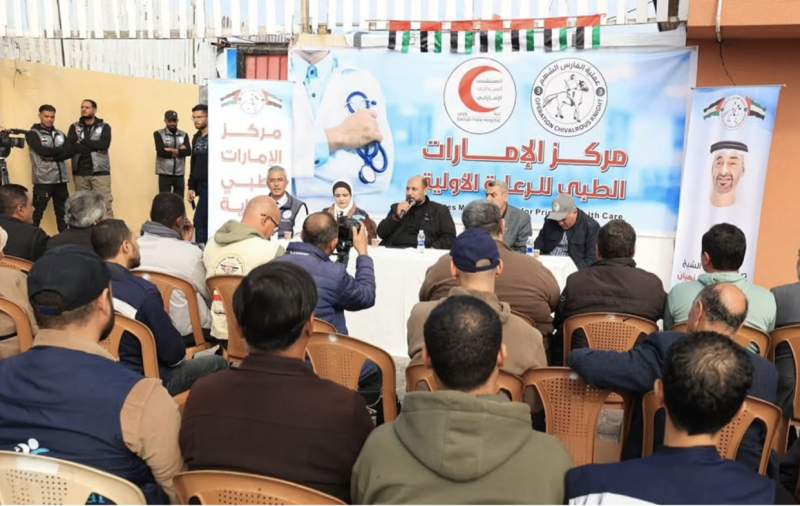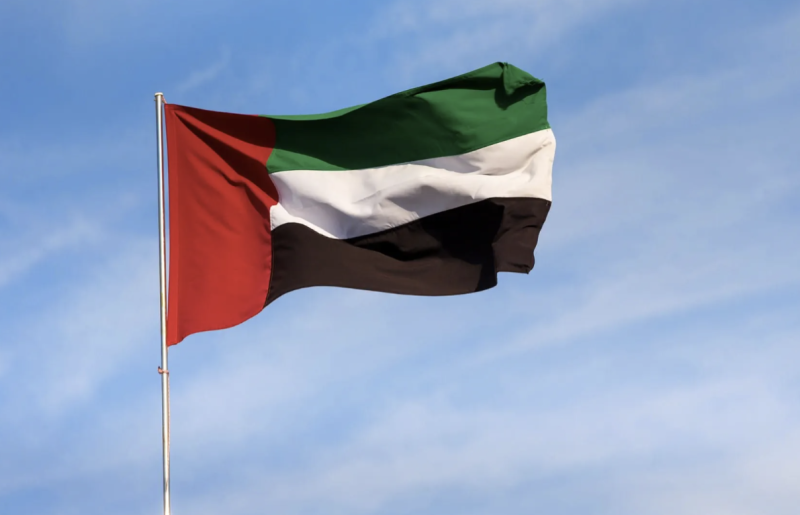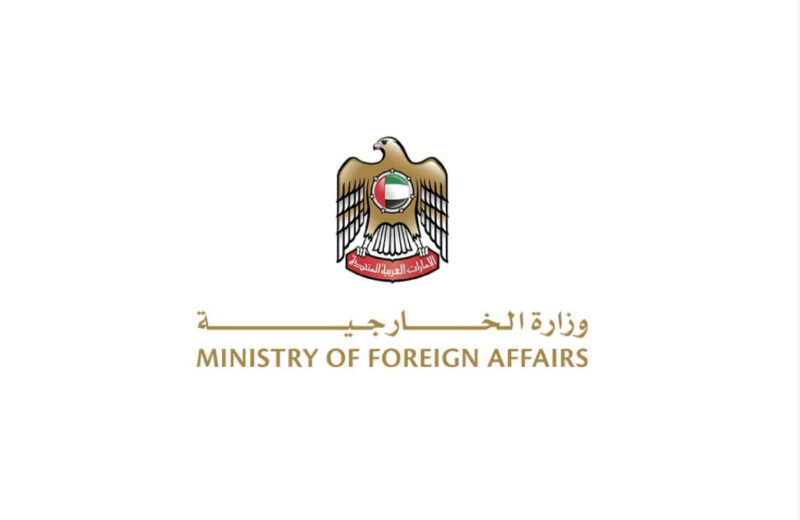COP28 climate summit : deal to transition away from fossil fuels


Government ministers representing nearly 200 countries on Wednesday agreed to a deal that calls for a transition away from fossil fuels, after a previous proposal was met with heated and widespread backlash.
“With an unprecedented reference to transitioning away from all fossil fuels, The UAE Consensus is delivering a paradigm shift that has the potential to redefine our economies,” the summit’s UAE presidency said on social media. Dubai, United Arab Emirates, has been hosting the conference for the past two weeks against a backdrop of controversy, geopolitical conflicts and increasing extreme weather events.
“We delivered world first after world first,” the UAE summit presidency said in a further social media update.
“A global goal to triple renewables and double energy efficiency. Declarations on agriculture, food and health. More oil and gas companies stepping up for the first time on methane and emissions. And we have language on fossil fuels in our final agreement.”
An updated proposal published by the UAE earlier Wednesday, which was agreed on after all-night discussions, called for a “transitioning away from fossil fuels in energy systems, in a just, orderly and equitable manner, accelerating action in this critical decade, so as to achieve net zero by 2050 in keeping with the science.”
The draft deal text also urged for “accelerating efforts towards the phase-down of unabated coal power” and for “tripling renewable energy capacity globally and doubling the global average annual rate of energy efficiency improvements by 2030.”
Critically, the proposal did not mandate an absolute phase-out of hydrocarbons.
A “phase-out” commitment would likely have required a shift away from fossil fuels until their use is eliminated, while a “phase-down” agreement would have indicated a reduction in their use — but not an absolute end.
Many believed the COP28 summit could only be considered a success if it resulted in a deal to phase out all fossil fuels. On Monday, one young climate activist burst onto the stage to call for action on this issue. Licypriya Kangujam, 12, interrupted a presidency event while holding a sign that read: “End fossil fuel. Save our planet and our future.”
The burning of coal, oil and gas is the largest contributor to climate change, accounting for more than three-quarters of global greenhouse gas emissions.
The Wednesday announcement comes after a previous draft text published in the final throes of the talks triggered widespread criticism for failing to include language on ending the use of fossil fuels, as negotiations laid bare deep divisions among policymakers over the future of hydrocarbons.
The draft proposal of Monday suggested a range of options for countries to accelerate climate action but, crucially, it omitted language regarding a phase-out or phase down of fossil fuels.
Arduous talks ensued, with Wopke Hoekstra, EU commissioner for climate action, describing “various phases of hope, sometimes also of despair” throughout the talks.
“One of the things that truly made a difference, I feel, is the tremendous amount of diplomacy we have deployed and the bridge building we did with our friends in the Pacific and the Caribbean, Latin America, Africa, and Asia and, of course, also North America to make sure that that supermajority … would show what it needs in terms of mitigation of human products,” he added.
Alok Sharma, the U.K.’s COP26 president, on Tuesday said that only a deal including “very clear” language on the phase-out of fossil fuels and a credible plan to deliver that would be good enough to keep alive the prospect of limiting global warming to 1.5 degrees Celsius.
The 1.5 degrees Celsius threshold is the aspirational global temperature limit set in the landmark 2015 Paris Agreement. Its importance is widely recognized because so-called tipping points become more likely beyond this level.
“If we don’t reach agreement on that language, I think the consequences are going to be grave,” Sharma told CNBC’s “Street Signs Europe.”
‘The beginning of the end’
Discussions ran well into the early morning on Wednesday, with the last 48 hours of talks proving crucial, according to a summit delegate, who could only comment anonymously because of the sensitivity of the matter. Reactions to the Wednesday deal have been largely positive.
“Whilst we didn’t turn the page on the fossil fuel era in Dubai, this outcome is the beginning of the end,” said U.N. climate chief Simon Stiell, who simultaneously acknowledged, “We’re currently headed for just under 3 degrees. This still equates to mass human suffering, which is why COP28 needed to move the needle further. The global stocktake showed us clearly that progress is not fast enough, but undeniably it is gathering pace.”
The COP agreement adopted on Wednesday “sends very strong messages to the world,” said U.S. special climate envoy John Kerry. “Today, I would join with ... the Chinese delegation in announcing that the United States and China ... based on the many initiatives set out in the global stocktake decisions, we will again update our long-term strategies, and we invite other parties to join us in doing so.”
He did not immediately disclose the details of these strategy adjustments.
Not all feedback was positive, amid the summit decision’s failure to address a phase-out.
“We’re very disappointed about this deal. We hoped that this COP could be, and we were fighting for, this COP to be the end of the fossil era, and we do not see that delivered in this text,” said Selma de Montgomery, a climate justice activist who traveled from Denmark.
“I believe in pragmatic ambition. We have to bring all along. The road to fossil fuel phase-out lies first through massive financial flows for a huge investment in renewables,” said Avinash Persaud, special climate envoy of Barbados.
“It was a compromise. We are not happy but we all agree,” said Russian Federation delegate Mikhail Gitarskiy. Moscow, which critically depends on hydrocarbon revenues, opposed a fossil fuel phase-out throughout negotiations.

Abu Dhabi -- The UAE has inaugurated the Emirates Medical Centre in Khan Younis, south of the Gaza Strip, as part of the Operation Chivalrous Knigh…

Abu Dhabi -- The United Arab Emirates has condemned the shooting incident that occurred at Brown University in the state of Rhode Island, which res…

Abu Dhabi -- The United Arab Emirates has condemned in the strongest terms the terrorist attack that occurred at a Jewish gathering in the city of…